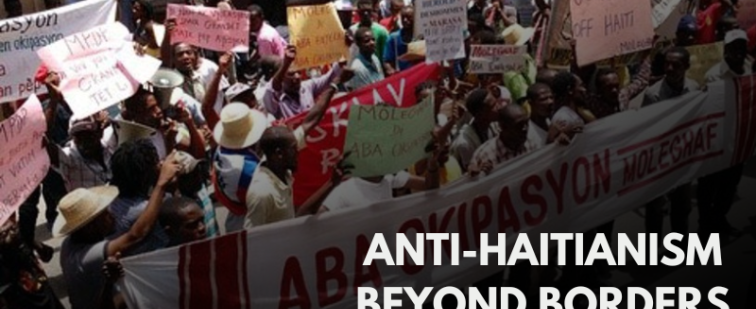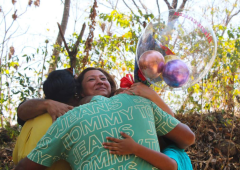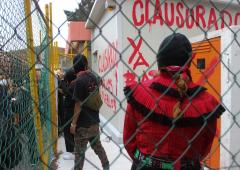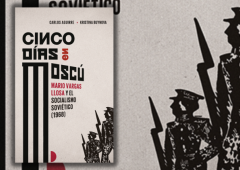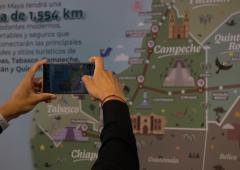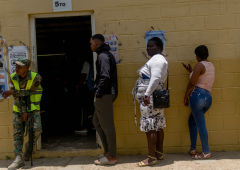Home
¿A dónde están? Where are they? In Paraguay, the answer to the question of those seeking justice for the disappeared is blunt: they are in the backyard of the elite police headquarters 15 minutes from downtown Asunción.
For transnational adoptees wrenched from El Salvador and Guatemala in the throes of civil war, storytelling and art are powerful tools for navigating identity, dislocation, haunting, and healing.
Los candidatos a las elecciones generales en México prometían solucionar la escasez de agua, pero el problema corre más profundo que las urnas.
Disappearance cuts through the Americas. The pain, grief, and resilience of the region's struggles for justice is the focus of our Summer 2024 NACLA Report, "¿Dónde están?"
El 2 de junio los mexicanos votarán en las elecciones más violentas de la historia del país. El temor a represalias por parte de grupos criminales y la falta de una respuesta estatal eficaz debilitan el proceso democrático.
El reciente libro de Carlos Aguirre y Kristina Buynova aborda la trayectoria del famoso escritor peruano y su notorio quiebre con Cuba y Rusia.
Mexico’s new tourist train has been hailed as the Yucatán’s salvation, but experts and activists warn of the potentially devastating environmental and cultural consequences of the outgoing president’s flagship megaproject.
On June 2, Mexicans will vote in the most violent elections in the country's history. Fears of reprisal from criminal groups, and the lack of an effective state response, weaken the democratic process.
Luis Abinader has cultivated an image as a moderate, but his anti-Black and anti-immigrant policies lay bare a far-right agenda.
Luis Abinader ha transmitido un imagén de moderación, pero sus políticias en contra de las personas negras y migrantes ponen en evidencia una agenda de ultra derecha.

